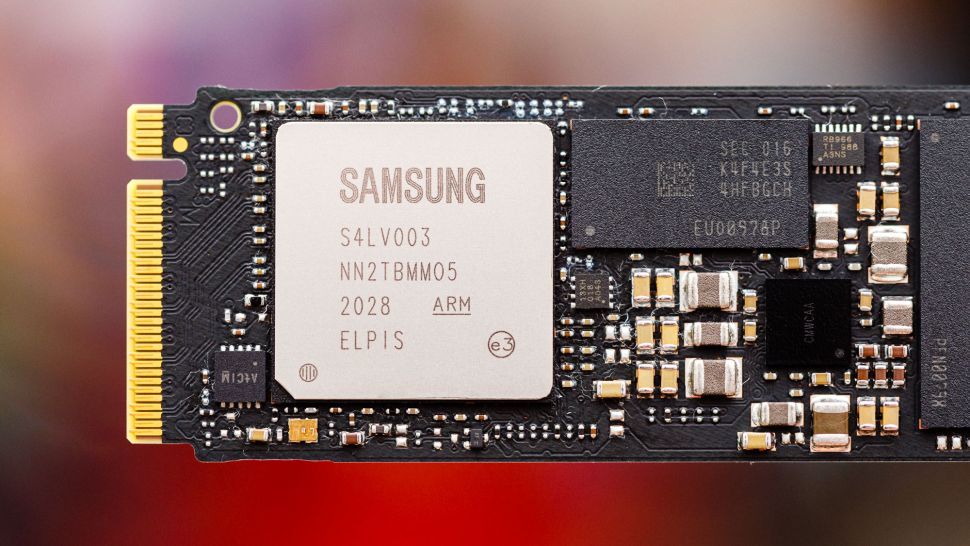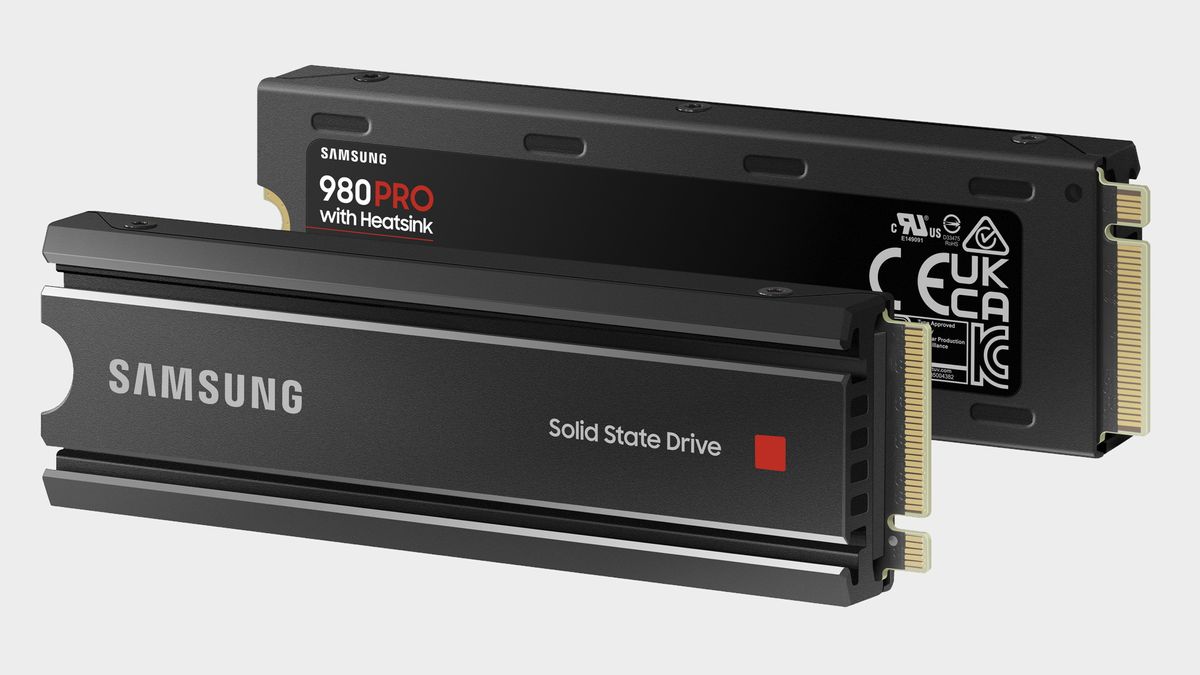An ARS Technica article warns about SanDisk SSDs dying and taking the data with them.
All the Best,
Jeff

Samsung Issues Fix for Dying 980 Pro SSDs
Download the firmware fix ASAP if your 980 Pro is affected
An ARS Technica article warns about SanDisk SSDs dying and taking the data with them.
All the Best,
Jeff
People really are storing important data on SSD? Portable? LMAO
Manufacturers typically release firmware updates for these. If you dont apply them, its on you.
And what do you store important data on? Dont tell me a spinning hard drive.
High quality SSDs are much more reliable (and faster) than traditional hard drives.
Of course, SSDs are much more expensive per GiB (or TiB) than traditional hard drives. ![]()
Actually 8x spinning HDD in DS1821+
Also some in a cloud, some on streamer, some on CD’s, some on plain paper :). Duplicated on multiple, different media.
Ok that sounds pretty intelligent. I guess its been working out for you.
Yes. I also have DS216 with 2x 4TB for everyday work and backups.
It’s cheaper than data recovery from single drive xD
I mostly use traditional hard drives, but I backup my data on a regular basis.
My system drives are SSDs, however. ![]()
Backups-- Backups – Backups ------ All methods have a chance of failing
Did I read the article right? Is this only concerning the external SSD meaning USB connected drives?
I used Sandisk (maybe pre-WD ) internal drives for PCs, mostly 256 or 512 gig, drives for years with no failures at all. They have been good, fast drives. Maybe not an actual SSD drive failure at all. Maybe the USB interface?
Lately I am using M2 drives, but that is a different animal.
But I agree backup everything. If it is critical data, back it up twice to different media and keep it in different locations. Make a third backup online… online storage has gotten cheap.
If the people bringing the lawsuit didn’t do that, shame on them. I have little sympathy.
The 3-2-1 backup rule is a pioneer data backup strategy. It follows the below requirements:
Not too surprising, SanDisk SSDs have been on sale for as long as I’ve known about SanDisk ssds
Last year I bought a smallish laptop with internal SSD drive. Jumping Jesus is it fast. Win11 boots what seems like instantly. I’ll have to time it sometime.
I was thinking about getting a external USB-C SSD drive for storing movies and music but never did. Too many choices and reviews to go through. So I gave up.
My computing needs are very light. I don’t really game or do graphic intensive work. Mostly surfing and emailing. Streaming some Netflix and whatnot. Some ham radio programs. I can get by with pretty low system requirements.
Hmm…
Every time I research SSDs, I end up with a very nice Samsung SSD.
I don’t know if Samsung offers the absolute best that’s out there, but they do have a good reputation. ![]()
Yes the article is about that.
" Here are the drives Western Digital has said are affected:
Must not have researched in a very long time ![]() they’ve had their issues too, with the NVMe.
they’ve had their issues too, with the NVMe.
I have a 500GB SAMSUNG 980 PRO (PCIE GEN4) NVME M.2 SSD.
https://www.amazon.com/dp/B08GL575DB
What’s wrong with that specific SSD that I researched and chose last year? ![]()
These (Sandisk Extreme) have been on the market for many years, however the widespread reports are recent. So only certain batches are affected.
There was some major NAND “contamination” in 2022 in a WD-owned facility. I suspect they tried to salvage some contaminated NAND through binning, overprovision etc. Probably they thought they had salvaged some “good enough” NAND for these SSDs but they underestimated the failure rate.
Every storage manufacturer has had some unreliability controversy - people who say “I only buy brand X” merely show they have limited knowledge/experience. The key issue is how they handle it. In this case they handled it badly.
If the failure of a single piece of hardware causes you some heartache - important data loss, losing client, losing several days of work, etc - the problem is your practices. Every storage device can unexpectedly fail. Every storage device will eventually fail. Plan accordingly.
![]() Here I will do the hard work for you.
Here I will do the hard work for you.

Download the firmware fix ASAP if your 980 Pro is affected

Update or say goodbye to your Samsung SSD. If only that was the only issue affecting its drives today, but...